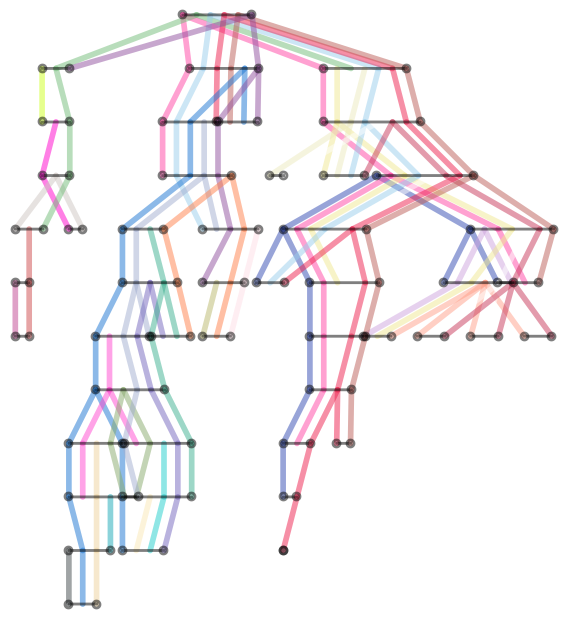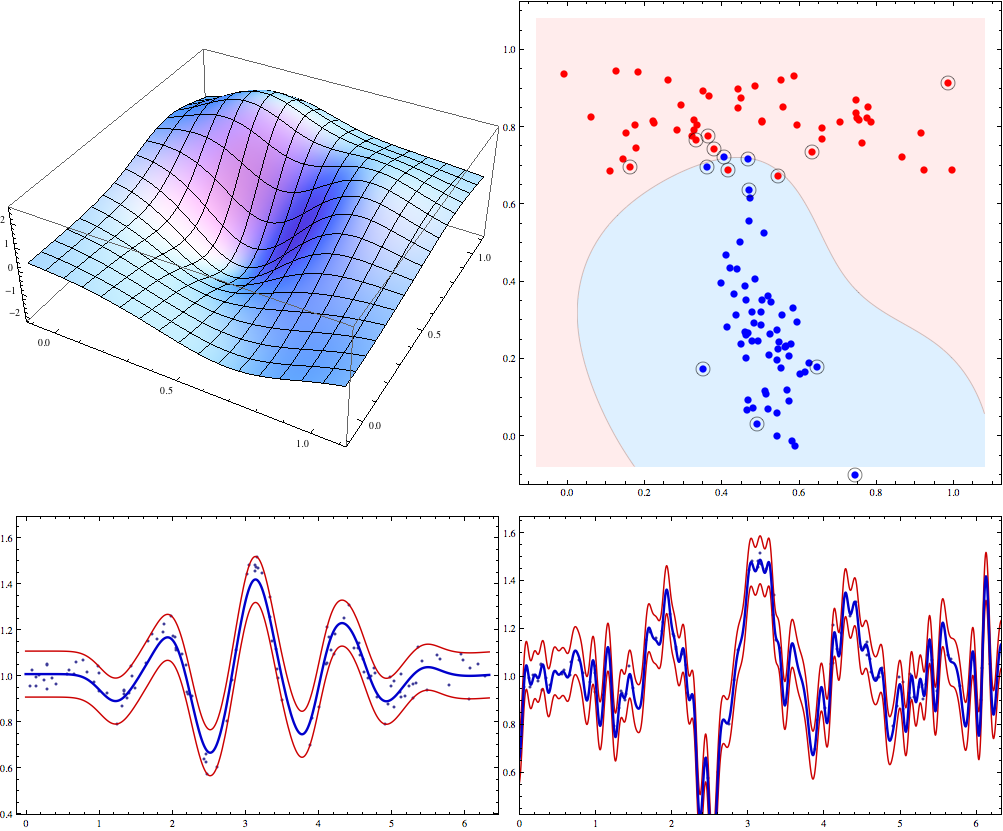Searching for "NIPS" in google blog-search mainly
produces posts about nipples, my "CRF" subscription on delicious recently
flooded me with links about "Chronic Renal Failure" (apparently a common feline ailment), and you can guess what I got when trying to find Bill Sutherlands "Beautiful Models" book (it's about statistical physics models).
Other unfortunate name choices -- hard-ass (hard as satisfiability,
proposed for NP-complete problems before they had a name), Go programming language, hardcore model,
Michael JordanAs a rule of thumb, when coming up with a name for new technique, conference, concept, etc, it should satisfy at least one of two criteria:
- not already be a popular keyword in google
- be funny (ie RODEO ("regularization of derivative expectation operator") as an improvement on the LASSO (least absolute shrinkage and selection operator))


